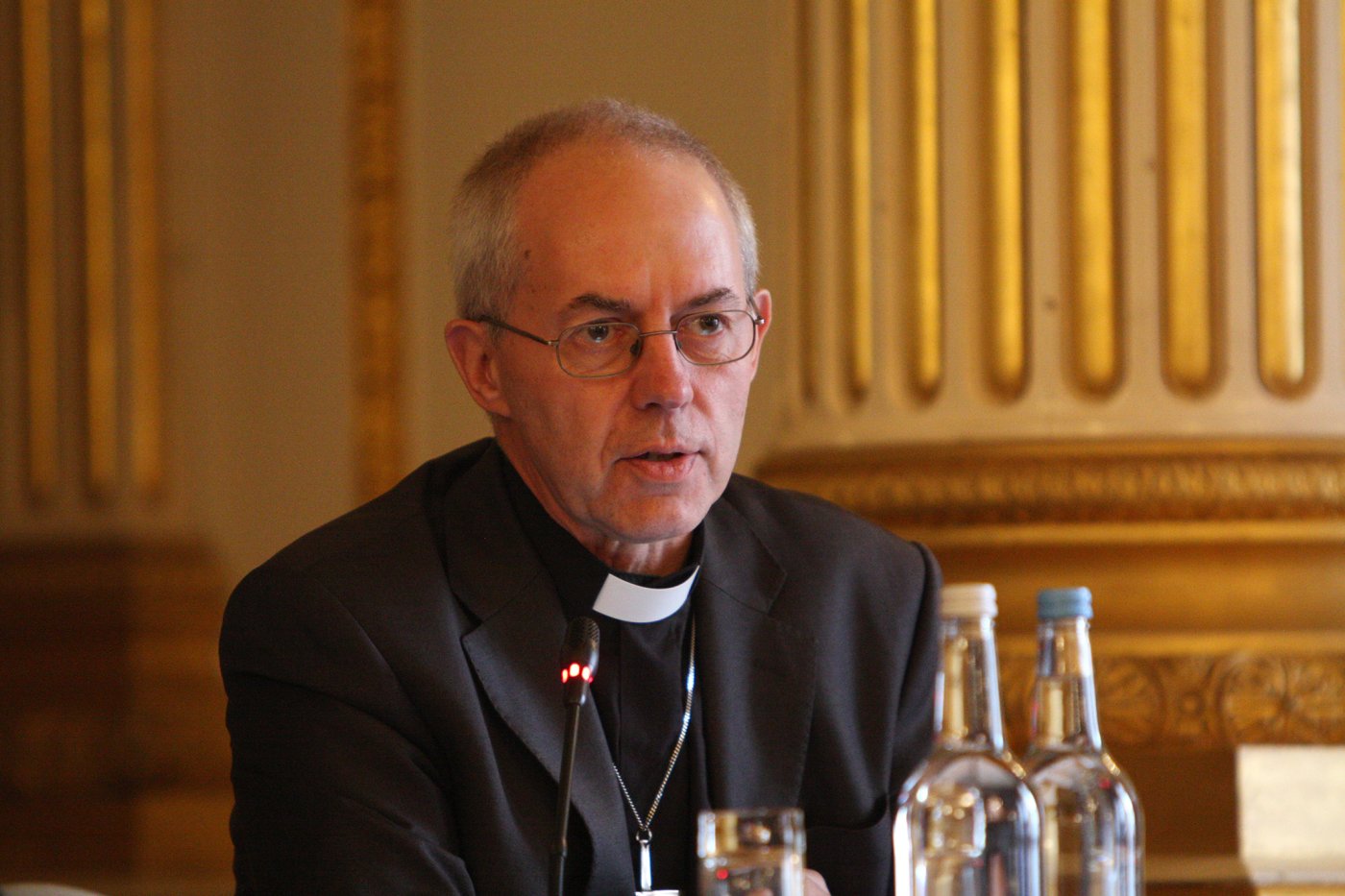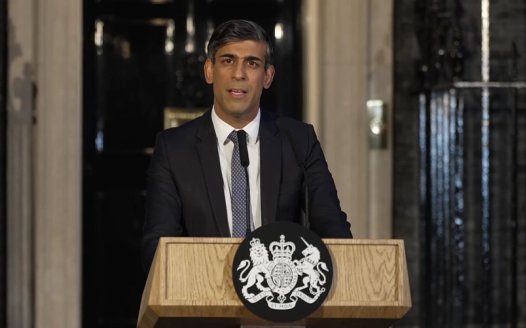The Church shouldn’t have a privileged platform in political debate
Posted: Wed, 20th Apr 2022 by Stephen Evans
Following the furore over the archbishop of Canterbury's latest political intervention, Stephen Evans argues Justin Welby should be free to speak, but his words shouldn't carry the constitutional weight they do.
The archbishop of Canterbury faced criticism from across the political spectrum this week after using his Easter sermon to claim the government's plan to send asylum seekers to Rwanda were 'the opposite of the nature of God'.
During holy communion at Canterbury Cathedral, which was simultaneously broadcast live on the BBC, Justin Welby said: "The principle must stand the judgement of God and it cannot".
As you'd expect, the architects of the plan responded robustly. Government ministers and Conservative politicians lined up to defend their policy, accusing Welby of "hypocrisy", "naivety" and of "sharpening political divisions".
But opponents of the government's policy also took Welby to task. Writing in the Guardian, Simon Jenkins called the Rwanda plan for refugees "shocking" and "bizarre", but added: "…when a state-established church summons God to condemn an evil policy it merely confuses the forces that need mustering against it".
Jenkins is right. Asylum policy isn't a religious matter. Dragging religion into an already highly charged debate is unlikely to enhance the discussion. It can, however, serve as a catalyst to polarise arguments. Framing arguments in religious terms is unlikely to resonate widely anyway, as it's a language few people in Britain speak.
Clerics enjoy expressing their own opinions and claiming that their views are their gods' views, too. But it shouldn't be assumed they speak for anyone else. Take, for example, Catholics' views on marriage equality, contraception, and abortion, which are rarely aligned with the pontifications of the Pope. Christians overwhelming support assisted dying, while church leaders actively lobby against it. Welby publicly backed Remain before the 2016 referendum. Anglicans in the pews leaned towards Leave.
Political decisions should be based on reasoned arguments that stand or fall on their own merits. The days of something being right or wrong because someone's interpretation of religious scripture suggests it is are long gone.
And one must question the worth of religious leaders' interventions when it's become increasingly clear they have no unique access to special moral insights denied to the rest of us. The Church's treatment of LGBT people and its outrageous handling of child sex abuse within its ranks are but two examples of behaviour that has destroyed any moral authority it ever had.
Evoking gods to make political arguments is as unpopular as it is unwise. Even when the public agree with Welby's sentiments on political matters, they still consider his interventions inappropriate. Sixty per cent of UK adults agree that religion should be "kept separate from government policies". Sixty-two per cent of Britons say there is "no place in UK politics for religious influence of any kind". And 71% of people say religious leaders should have no influence over the decisions of the government. Just 8% said they should.
All of this should be taken into consideration when deciding how much weight to give political interventions from clerics.
Religious leaders are entitled as anyone else to speak out on political issues. They should not, however, be given a privileged platform to do so and their voice shouldn't sound louder than anyone else's.
This is the real issue with Welby. He's the leader of the established Church. He and his senior Anglican colleagues are handed seats as of right in the House of Lords to shape public policy and the laws that affect us all. His sermon was broadcast live on state media.
Constitutional inertia and institutional religious privilege have enabled the leader of a an increasingly niche religious denomination to have a grossly disproportionate public role.
One of the more eyebrow-raising reactions to Welby's latest political intervention was from Conservative MP Ben Bradley, who said: "I think we separated the church from the state a long time ago".
Bradley's knowledge of the UK's political settlement may have been found wanting, but his instinct that church and state should be separate is spot on.
Welby's words shouldn't carry the weight they do by virtue of his privileged role as leader of the state church. Let Welby speak, but disestablish his Church.
Separate Church and State
We want to separate church and state so no religion has undue influence over our politics and society. Join our campaign to disestablish the Church of England.








